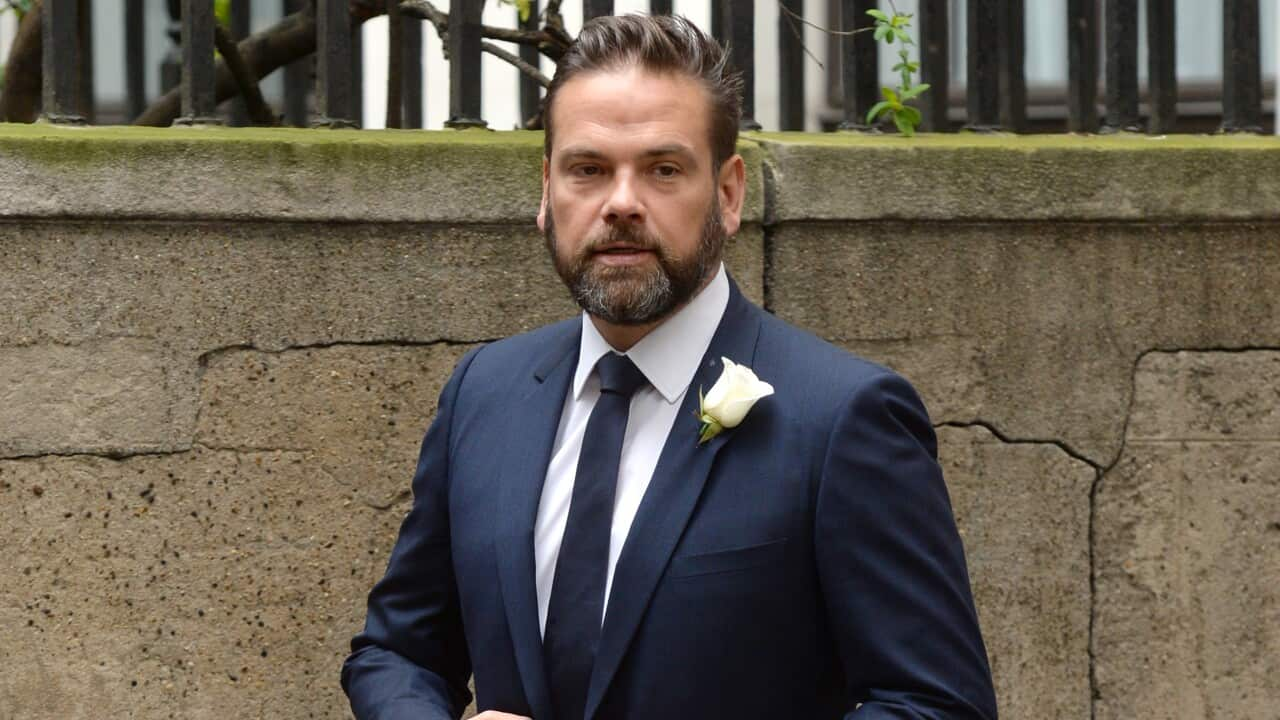Why Lachlan Murdoch is taking on Crikey, and how the case will test Australia's updated defamation laws
- An article about the January 6 ‘insurrection’ at the US Capitol on an Australian news site has prompted legal action.
- Australia's defemation laws were amended in July 2021.
Media mogul Lachlan Murdoch’s legal action against Australian independent news outlet Crikey is expected to be a test case for recent amendments made to the country’s defamation laws.
Mr Murdoch launched the case in regard to an article published online on 29 June about the 6 January ‘insurrection’ attack at the US Capitol.
In it, Crikey’s political editor Bernard Keane made graphic allegations against the Murdochs and Fox News commentators over the US Capitol riots.
Murdoch’s case
Court documents submitted by Mr Murdoch claim Crikey’s article was defamatory by falsely claiming Mr Murdoch entered into an illegal criminal conspiracy with Trump to overturn the US 2020 presidential election and to incite a mob with murderous intent to march on the Capitol.
The legal action against Private Media, its managing editor Peter Fray and political correspondent Bernard Keane was submitted to the Federal Court of Australia on Tuesday.
While the article in question did not mention Lachlan Murdoch, just his family name, the Fox CEO claims he was defamed and suffered serious damage to his reputation.

Lachlan Murdoch is suing an Australian news outlet for defamation. Source: EPA / JONATHAN BRADY/EPA
He claims Private Media, which publishes Crikey, acted with malice and engaged in a "disingenuous promotional campaign" to increase its subscribers by making false claims he had intimidated and threatened the firm over the article.
Crikey's position
There had been some lead-up to the action reaching the Federal Court.
On Monday, Crikey published details of letters it said Mr Murdoch’s lawyers had sent to the news outlet following the publication of the article.
At the same time, it published an open letter to Mr Murdoch in which Private Media Chairman Eric Beecher said Crikey was interested in “publishing, not suppressing, public interest journalism” and “that’s why we’re looking forward to meeting Lachlan Murdoch in court, as he has foreshadowed.”
In a statement posted on Crikey’s website following the defamation suit being filed, Mr Beecher and Crikey Editor-in-Chief Peter Fray said they looked forward to “testing what honest public debate means in Australia.”
“Crikey stands by its story and we look forward to defending our independent public interest journalism in court against the considerable resources of Lachlan Murdoch,” it read.
“We are determined to fight for the integrity and importance of diverse independent media in Australian democracy. We welcome Lachlan Murdoch’s writ.”
As a test case
Senior Lecturer at University of Western Australia’s Law School Michael Douglas said many recent defamation trials in Australia would not have been subject to the amendments that came into place last year as the cases were initiated before that time.
A number of changes came in to effect as of July 2021 in all parts of Australia other than Western Australia and the Northern Territory.
Mr Douglas said the case between Mr Murdoch and Crikey will ask serious questions of the recently adopted provisions.
Was there serious harm?
A new threshold requirement for those alleging defamation under the amended laws is that a person must be able to prove that they have suffered, or could suffer serious harm.
“The question here is, has Lachlan Murdoch suffered any serious harm or is he likely to have suffered seriously because of the Crikey piece?” Mr Douglas said.
He said due to the article being published to a large number of people, Mr Murdoch may be able to overcome this issue.
Mr Douglas said Lachlan Murdoch been criticised internationally by the likes of The New York Times, but the legal case over the Crikey article could set a precedent for defamation cases against publishers in the future.
“Is it possible for a piece that's been read by many thousands of people to nevertheless have not caused any serious harm? I'd be interested to see the answer to that,” Mr Douglas said.
Is it a matter of public interest?
A new defence under Australian defamation laws is the publication of a matter concerning an issue of public interest.
Mr Douglas said such a defence was probably best suited for protecting investigative journalists.
“Arguably, this Crikey piece is a little different, it's a piece of commentary on an issue that many people already know about,” he said.
“Still, the defence may have some work to do here even with all that said, the January 6 insurrection and the role of the Murdoch press played in it is an issue of public interest in every democracy.”
Concerns notice
The 2021 defamation law amendments means any of the points put forward by Mr Murdoch’s lawyers in their letters to Crikey could be closely analysed as part of a trial.
“An interesting aspect of the new reforms is one that favours media defendants, which is that an aggrieved person is essentially locked into what they write in their Concerns Notice all the way to trial,” Mr Douglas said.
Sending a Concerns Notice was previously an optional step in defamation action, but now must be sent before the matter is submitted to a court, and previously, such arguments could be refined as part of the trial.
“Now, if you get it wrong you could cook your whole case,” Mr Douglas said.
Court time
Mr Douglas questioned whether the case being brought against Crikey was a good use of justice system resources.
He referred to the recent defamation case where Clive Palmer was suing Western Australian Premier Mark McGowan.
“In that case, Justice [Michael] Lee said the game has not been worth the candle,” he said.
“Here, if Lachlan Murdoch is eventually successful, that will certainly be the case, in that any damages award he would receive is likely going to be less than the costs payable to his lawyers and everyone else.”


